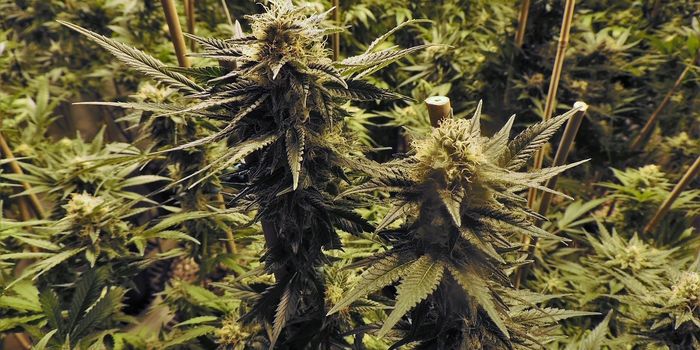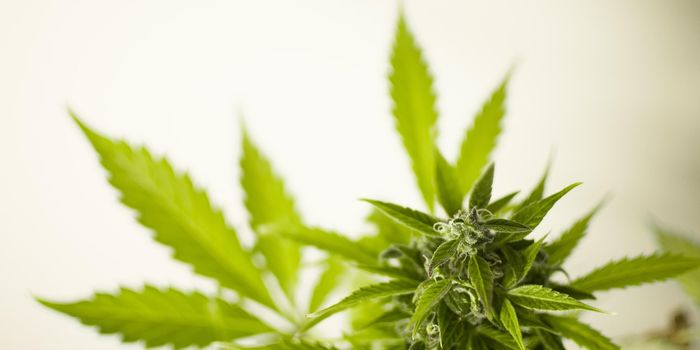Understanding "Recommendation" vs. "Prescription" of Medical Marijuana
The US Federal Government has marijuana listed as a Schedule 1 drug, in addition to heroin, lysergic acid diethylamide (LSD), and others considered to have a high potential for abuse and with no medical value (according to the federal government). This classification creates challenges for advancing medical research and use, and therefore increased data analysis of benefits and drawbacks, of medical cannabis in the United States. In addition, the Schedule 1 categorization prohibits the prescription, administration, or direct distribution of these drugs by any doctors in the United States. This categorization is applied regardless of the potency or varieties of low-THC substances or extracts.

Yep. Our highly educated medical experts cannot prescribe medical marijuana. The last court to review the ruling was the Ninth Circuit court of Appeals in 2002. The resulting verdict being that doctors had a first amendment right to recommend a treatment for a patient but could not prescribe or provide marijuana because of its schedule 1 classification. This is not just for the VA but for all medical professionals. Penalties for physicians and other medical professionals who do not follow the laws for controlled substances are steep including loss of DEA registration, thereby losing ability to prescribe any controlled substances.
The Controlled Substances Act (CSA) was enacted in 1970 as part of the Comprehensive Drug Abuse Prevention and Control Act. Per Section 201 of the Act (21 U.S.C. 811), changes to add, delete, or edit a substance on the schedule can be initiated by the Drug Enforcement Agency (DEA) Department of Health and Human Services (DHS), or by petition from an interested party. The drug is investigated by the DEA and collects necessary data; DHS provides scientific and medical evaluations to make a determination for changes in collaboration between the DEA, DHS, and FDA. The ultimate threshold is whether a drug or substance has the potential for abuse. The Act doesn’t define “potential for abuse” so it is up for interpretation by legislators and evaluators.
For now, military veterans will be asked about their use of marijuana as part of their conversations with VA medical providers; however, veterans will need to seek an alternative provider outside of the VA for a recommendation for medical cannabis if it is legal in their state. Currently in the US, 29 states and the District of Columbia have legalized medical cannabis.









